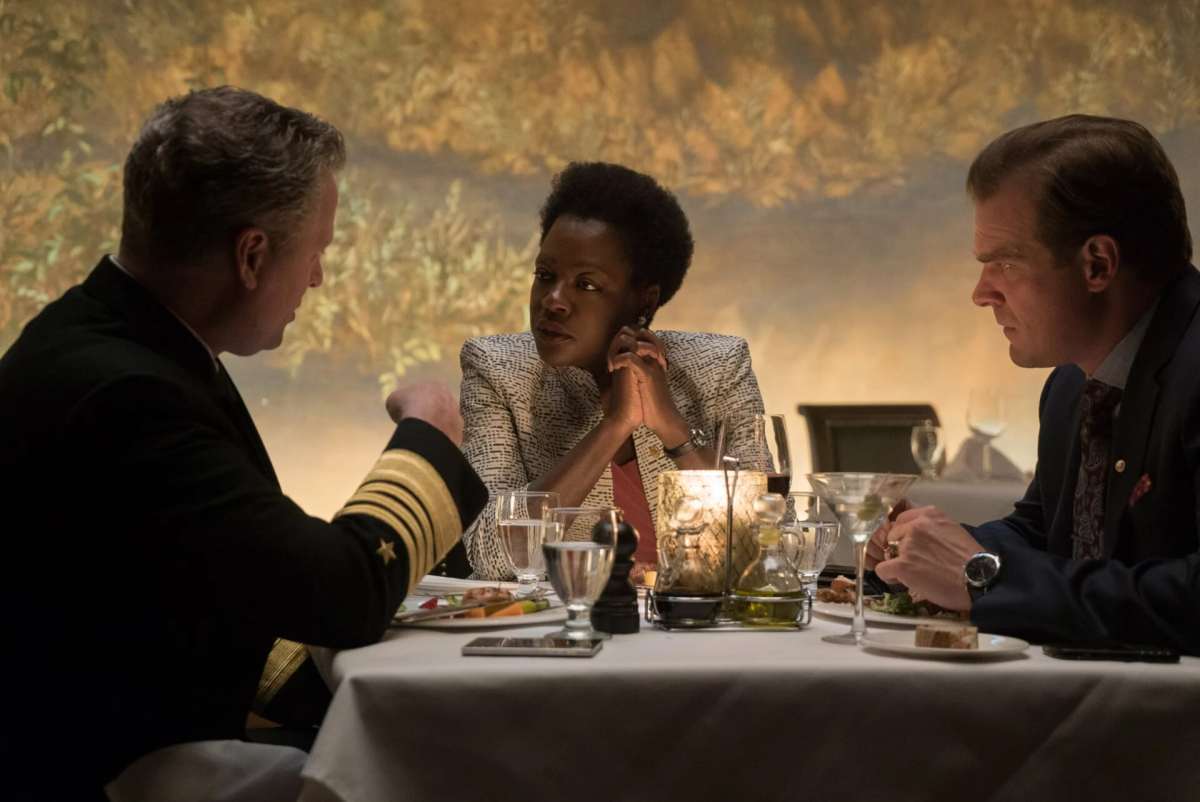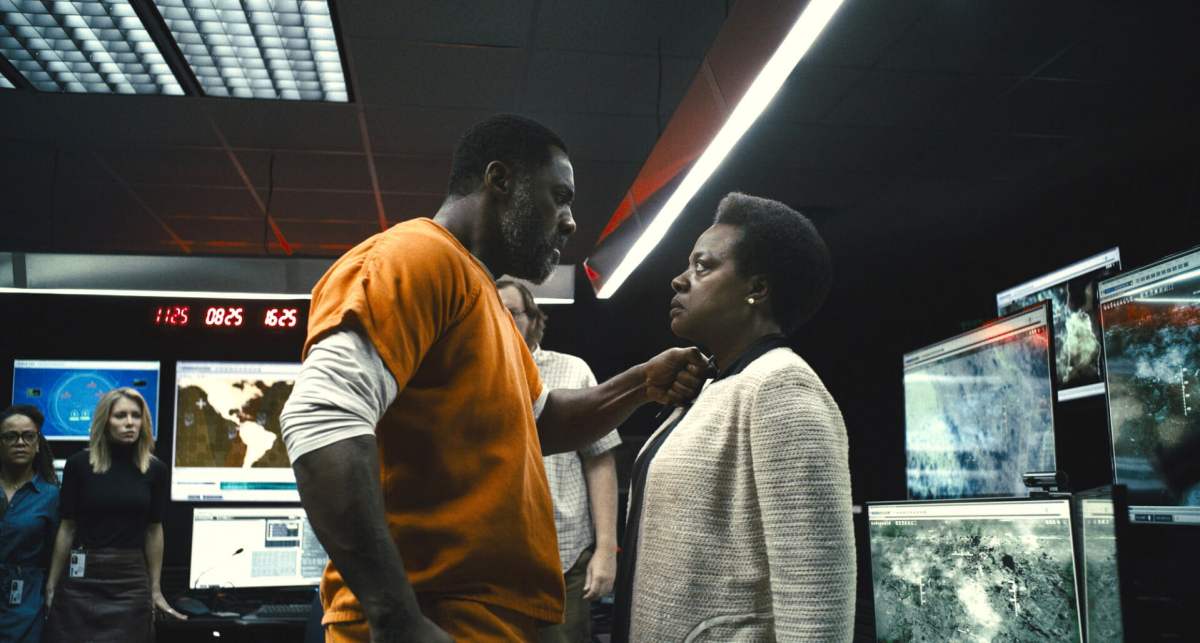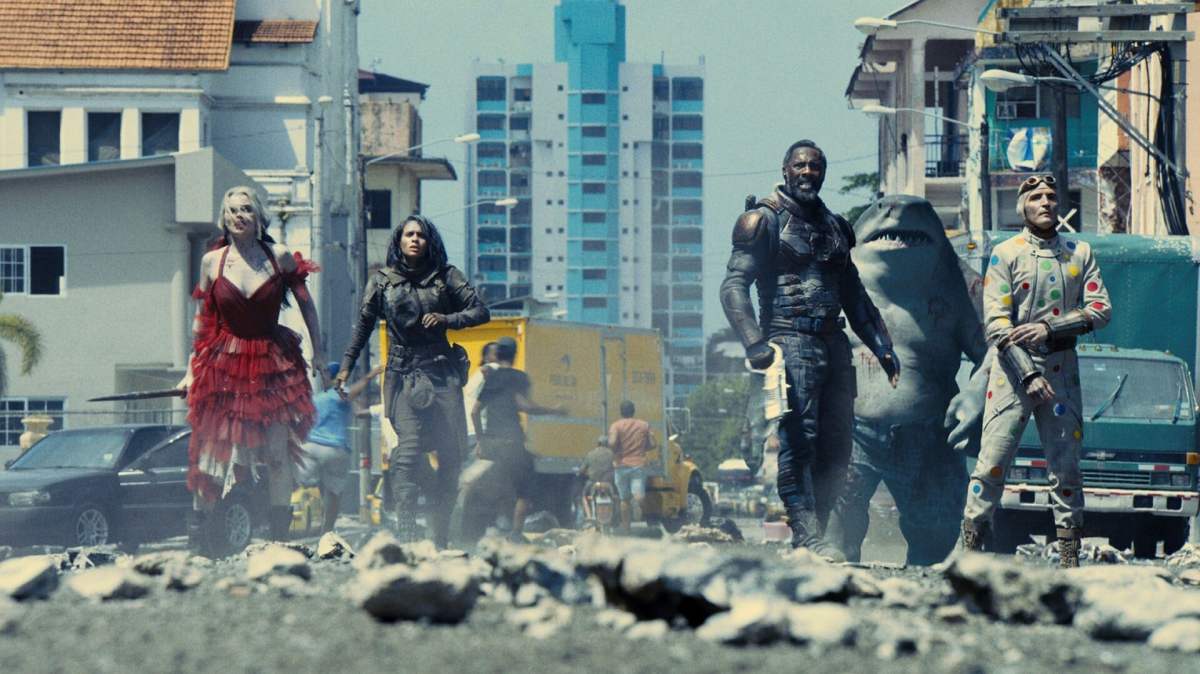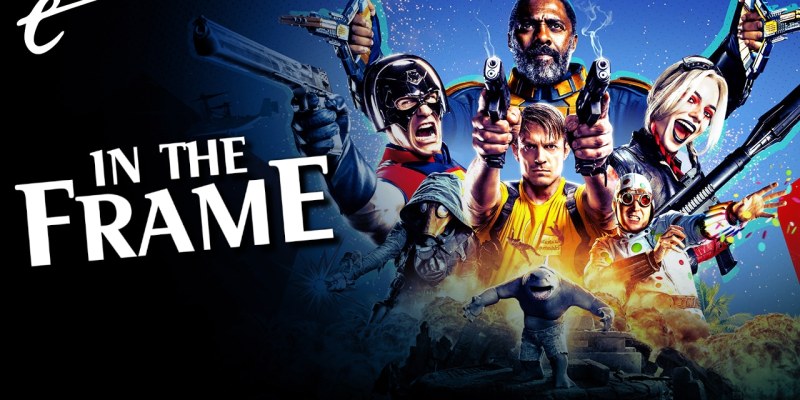This article contains some spoilers for The Suicide Squad and the role of Amanda Waller.
Amanda Waller (Viola Davis) is a recognizable pop culture archetype: the ruthless and uncompromising spymaster who is willing to do whatever it takes for her idea of the greater good.
There are countless examples of the trope in popular media. Perhaps owing to how the genre has been shaped by War on Terror anxieties, this sort of pragmatic official has become a staple of the superhero genre. After all, it’s notable that suave spymaster Nick Fury (Samuel L. Jackson) was the character who ushered the idea of a shared superhero universe into being in the post-credits scene of the original Iron Man. Nick Fury was the architect of “the Avengers Initiative.”
Superhero universes are built around these sorts of figures, even if they are presented as more morally ambiguous than most of the characters who parade around in brightly colored costumes. Nick Fury is not afraid of cynical manipulation to get the reaction that he wants from people. Amanda Waller is effectively the DC Extended Universe’s counterpart to Nick Fury, another seemingly mortal character manipulating the superheroes around her within a military framework.
The Suicide Squad is notable in how it approaches the character of Amanda Waller and also the larger archetype that she represents. Waller is a much more marginal figure in James Gunn’s The Suicide Squad than she was in David Ayer’s Suicide Squad, where one of the movie’s central objectives consisted of rescuing Waller from the middle of a crisis in Midway City. In Suicide Squad, Waller got to fire her own gun and even have dinner with Batman. She was a big deal.

Waller has an appreciably smaller role in The Suicide Squad. In Suicide Squad, Davis was one of only five names to appear above the title on the poster. In contrast, she is the seventeenth name on the poster for The Suicide Squad, receiving a coveted “and” credit. Most of Waller’s scenes take place inside a single control room. She doesn’t wield a gun. She spends extended stretches of the narrative out of contact with the team either due to radio scramblers or unconsciousness.
Still, one of the beautiful things about James Gunn’s work in The Suicide Squad is the care with which the film pays attention to character. Waller might not occupy the center of Gunn’s The Suicide Squad in the same way that she dominated Ayer’s Suicide Squad, but Gunn still has something insightful to say about Waller and the archetype that she represents. Indeed, The Suicide Squad feels like a blistering deconstruction of the spymaster archetype embodied by Waller and Fury.
Spy narratives tend to fetishize these authority figures. While superhero narratives don’t always entirely endorse characters like Fury and Waller, there’s something appealing in the resourcefulness and ruthlessness that these characters display. While their methods might be cynical and horrific, it’s hard not to admire their commitment. It’s similar to Truffaut’s argument about how difficult it is to make an anti-war film while still depicting war. After all, Fury’s business card reads “Bad Motherfucker.”
Even when Nick Fury screws up, the movies largely exonerate him. In Captain America: The Winter Soldier, Fury’s plan to expand the surveillance state doesn’t fail because it’s a bad idea in a liberal society; it fails because of secret Nazis. The implication is that if Nick Fury retained control, it would have been fine. Even after the apparatus that he builds is almost used to kill millions of innocent people, Fury is still welcome at Tony Stark’s (Robert Downey Jr.) funeral in Avengers: Endgame.

To give the deservedly maligned original Suicide Squad some small credit, it is much more candid in acknowledging that its cold-blooded spymaster as a borderline sociopath who is not good at her job. Waller makes great sales pitches to senior government officials, but it is ultimately revealed that the film’s central crisis was caused by the entirely predictable consequences of Waller’s attempt to control a walking weapon of mass destruction called the Enchantress (Cara Delevingne).
Still, there is some sense that Suicide Squad buys into the mythology of Amanda Waller as a necessary evil. Waller argues in Suicide Squad her job is “getting people to act against their own self-interest for the national security of the United States,” and the film presents her as a skilled manipulator. She even masterminds a relationship between the Enchantress’s human host and Rick Flag (Joel Kinnaman) as proof of her chessmaster bona fides.
What makes The Suicide Squad’s use of Amanda Waller so interesting is how it builds on the implicit criticism of that earlier portrayal, but without tempering it. Gunn makes clear from the outset that Waller is a ruthless individual. In the film’s opening scene, she personally detonates the bomb inside Savant’s (Michael Rooker) head. To force Bloodsport (Idris Elba) to comply with her plans, Waller threatens to murder his daughter Tyla (Storm Reid).
Waller is allowed her moments of grandstanding, with Gunn suggesting that nobody is as effective at cultivating the myth of Waller’s ruthlessness as Waller herself. When her aide John Economos (Steve Agee) asks whether she’d really kill Tyla, Waller ominously responds, “You don’t know half of what I’d do, John.” She sends Peacemaker (John Cena) with the team to protect her interests, with instructions to terminate anyone — including Rick Flag — who might get in the way.

However, The Suicide Squad constantly and repeatedly undercuts the idea of Waller as some sort of superhuman manipulator. In the film’s opening sequence, an attempted water landing goes wrong when the Weasel (Sean Gunn) sinks beneath the waves. “Did anybody check if the Weasel could swim?” Flag asks, perhaps the most obvious question to ask before planning a water landing. Waller and her team shrug and look slightly embarrassed at their oversight.
This grim joke sets the tone for what will follow. Waller repeatedly makes bad decisions rooted in poor information that comes from the assumption she knows best. At one point, the characters note the absurdity of placing Bloodsport on the same team as Ratcatcher II (Daniela Melchior), given his severe phobia of rats. This fear was not in his file, despite Waller herself witnessing Bloodsport freak out at Ratcatcher’s pet rat Sebastian before the briefing. It’s clear Waller was not paying attention.
Similarly, when Rick Flag manages to escape into the jungles of Corto Maltese only to wind up in the custody of Sol Soria (Alice Braga), Waller instructs the team to rescue Flag and to kill anybody they encounter along the way. Following a bloody game of one-upmanship between Bloodsport and Peacemaker that leaves an entire camp of soldiers dead, it is revealed that Soria is leading the local rebels against the government and is invaluable to Flag’s mission. “Typical Americans,” Soria sighs as she beholds the carnage.
The Suicide Squad repeatedly emphasizes how useless Waller is and how she seems to solve every problem with a sledgehammer rather than a scalpel. Her plan to get Bloodsport and his team behind enemy lines in Corto Maltese involves simply throwing a team of superheroes at the island as “a distraction,” resulting in horrific and unnecessary deaths. As the teams embark on their dangerous missions, Waller is either sleeping at her desk or practicing her golf game to gladhand a senator.

The Suicide Squad suggests that Waller is basically incompetent. When Bloodsport goes rogue at the climax, she screams impotently into her radio. As she prepares to detonate the bomb in his skull, she is knocked unconscious with her own golf club. After the dust has settled, she once again tries to assert her chessmaster credentials. “I told you I’d make you a leader, DuBois,” she goads him, as if proof this were all part of some master plan. However, the audience knows that she did nothing.
There’s something very sharp and very incisive in this portrayal of Amanda Waller, especially in the context of how The Suicide Squad approaches the idea of power in general and American foreign policy in particular. Waller is not the suave and sophisticated embodiment of ruthless statecraft frequently fetishized in movies like this. She’s not a morally compromised hero of the War on Terror like Jack Bauer (Kiefer Sutherland), whose methods can be excused because they get results.
Instead, Waller is presented as a deconstruction of that dark fantasy. The movie’s portrayal of the character rejects the idea of a monster who does whatever it takes to keep the world safe. If anything, Waller makes the world less safe. Given that The Suicide Squad offers a blackly comic twist on the War on Terror superhero movie and co-stars Peter Capaldi as the Thinker, it seems appropriate that the film’s version of Waller hews closer to In the Loop than The Avengers.
The version of Waller presented in The Suicide Squad seems more reflective of the real-life intelligence community than Nick Fury in The Avengers. Watching the movie, it seems entirely feasible that Waller would act on bad intelligence about alleged weapons of mass destruction in foreign territories and would support foreign intervention based on nothing more than unsubstantiated reports that recalled nothing so much as the plot of The Rock.
It’s hard to present this sort of morally ambiguous figure without celebrating or glorifying them in some respect. It’s to Gunn’s credit that The Suicide Squad manages to so skillfully interrogate such a familiar trope.
